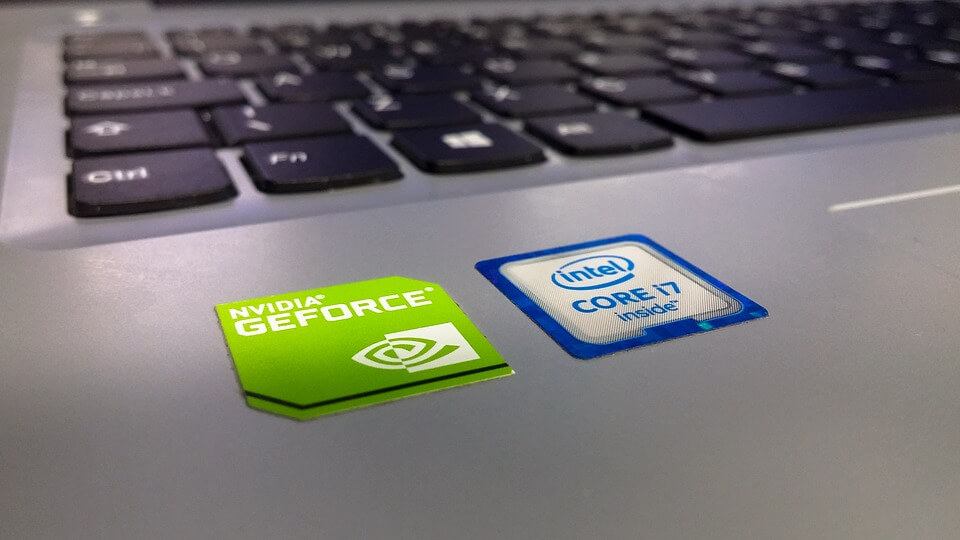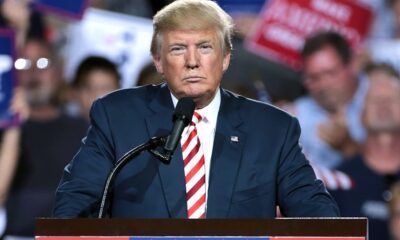Featured
How Americans should spend their tax savings
This year, Joe might just have more than his fair share of tax savings. These savings should be allocated to more important things.

This month, millions of Americans will get more money. They will open their pay stubs and note their paychecks are bigger, even though they technically didn’t get a raise. You might be one of them.
They can thank Uncle Sam, or rather Uncles Mitch McConnell and Paul Ryan, for the extra bucks — courtesy of lower taxes.
But the average Joe and Jane are a mere sideshow in this circus. The real action takes place under the corporate tent, where the tax rate fell 40 percent, from 35 percent to 21 percent.
When I get an unexpected windfall, I immediately think of the cool things I want to buy. I’ve threatened to purchase an Airstream for years, or maybe a small, single-handed sailboat. But then I slowly come back to reality.
I have responsibilities, and extra cash can help me cover those items faster than I’d anticipated. So, minus a little that I spend for enjoyment, the money typically goes toward retirement or other boring things.
I think most Americans are in the same frame of mind. Extra cash in the paycheck will feel pretty good, and some will spend it on an extra night out or a better vacation, but most will put the funds toward the mundane but important things.
When it comes to corporations, we can only hope they see things the same way.
Companies stand to save roughly $1.5 trillion in taxes over the next 10 years, and many have outlined what they’ll do with some of the cash.
Apple, Walmart, Home Depot, and others plan to pay bonuses ranging from a few bucks to several thousand dollars, based on seniority. Apple also plans to build infrastructure in the U.S., while others like BNY Mellon plan to raise their minimum wage. Boeing plans to increase corporate giving by $100 million while enhancing corporate training by the same amount.
All of those initiatives seem well and good, but there’s a looming corporate responsibility that, while not very sexy, must be paid: corporate pensions.
As a group, the top 20 U.S. companies with underfunded pensions owe an extra $382 billion just to make their pensions fully funded.

Although Intel’s company pension is short by $1.94 billion, it hopes to gain $1.5 billion per year in tax savings alone. (Source)
Chip-maker Intel has the worst funding status among the S&P 500 companies at 46.59 percent as of 2016. This means that the company holds about 46 cents for every dollar of pension liability. In total, the company pension coffers are short by $1.94 billion.
That’s a big number, but Intel can handle it. The company stands to benefit by $1.5 billion per year on tax savings. If Intel pledged to put less than two years’ worth of savings toward its pension plan, the entire unfunded balance would be wiped out.
Delta Airlines is in a similar position. The company has the second-worst pension funding ratio, at 49.38 percent, although it owes just a touch more than Intel in dollar terms. Delta would need to cough up $10.5 billion to top off its pension fund.
While the airline’s tax savings won’t completely do the trick, if Delta pledged to put its annual $710 million savings against this liability, it would bring the balance down very quickly over the next 10 years. I’m sure that current and future retirees would feel better about that.
Of course, the tax reform won’t help everyone.
At 67 percent, General Electric doesn’t have the worst underfunded liability ratio of the group, but it does owe the most money.
The company’s pension is short by $31 billion.
Unfortunately, the new tax regime won’t help much. Instead of enjoying tax savings, the company will owe an additional $9 billion over the next eight years. GE, along with several other major firms, used loopholes and complex tax planning to avoid paying any taxes from 2008 through 2015, even though the company posted regular profits. Part of the plan included putting money and assets overseas, where they had a much lower tax burden. The new tax laws discourage such moves through tax penalties.
It’s hard to feel sorry for GE, given the company legally gamed the system for years. But there is one group that deserves sympathy in all this: taxpayers.
The cash available for bonuses, higher pay, infrastructure spending and even pension funding (if companies choose to do so) comes from U.S. taxpayers in the form of higher U.S. debt in the years ahead.
—
DISCLAIMER: This article expresses my own ideas and opinions. Any information I have shared are from sources that I believe to be reliable and accurate. I did not receive any financial compensation in writing this post, nor do I own any shares in any company I’ve mentioned. I encourage any reader to do their own diligent research first before making any investment decisions.

-

 Africa1 week ago
Africa1 week agoMorocco’s Wheat Dependency Persists Despite Improved Harvest
-

 Biotech5 days ago
Biotech5 days agoEcnoglutide Shows Promise as Next-Generation Obesity Treatment
-

 Markets2 weeks ago
Markets2 weeks agoCocoa Prices Drop Amid Speculative Selling and West African Supply Concerns
-

 Business1 day ago
Business1 day agoThe TopRanked.io Weekly Digest: What’s Hot in Affiliate Marketing [PureVPN Affiliates Review]

























You must be logged in to post a comment Login